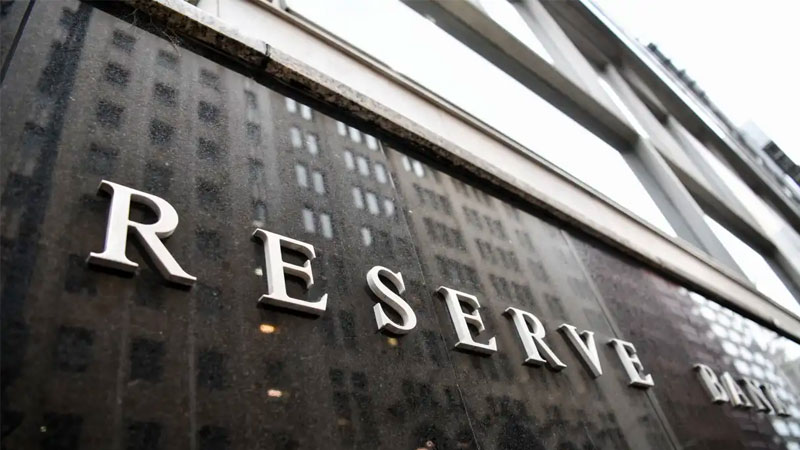‘Extreme Uncertainty’ Forces Unprecedented Rate Cut
The Reserve Bank of Australia has reduced the official cash rate from 0.5 per cent to a historic low of 0.25 per cent in reaction to the growing coronavirus crisis.
The rate cut, the first outside of an ordinary monthly meeting since 1997, has been brought forward by the alarming deterioration in Australia's economy, which has seen the dollar plunge to its lowest level since October 2002.
In an attempt to cushion the blow of the coronavirus pandemic, the RBA stated it would not lift the cash rate until progress was being made “towards full employment” and when the body was confident inflation would be “sustainably within the 2–3 per cent target band”.
Governor Philip Lowe said the bank would now launch into its first-ever quantitative easing in a bid to boost cash supply and encourage lending and investment.
The RBA will now buy Australian government bonds in the secondary market with a target yield on three-year bonds of about 0.25 per cent—well below the current yield of 0.47 per cent.
The RBA will also provide a $90 billion term funding facility for the banking system, with particular support for credit to small and medium-sized businesses.
The RBA said the federal government had developed a “complementary” support program for non-bank lenders, small banks, and the securitisation market.
“Undeniably, what we are facing today is a very serious situation but it’s also something that’s temporary,” Lowe said.
“As we deal with it as best we can, we also need to look to the other side when things do recover.
“We are expecting a major hit to economic activity and incomes in Australia that will last for a number of months.
“We’re also expecting significant job losses.
“The timing and strength of that recovery will depend upon how successful we are as a nation in building that bridge to the other side.”
Lowe said Australia's financial system was “resilient” and “well placed to deal with the effects of the coronavirus”.
Capital Economics senior economist Marcel Thieliant projects the public health crisis, which has spilled over into economies of every nation, would continue to cause the nation's economy to nosedive.
“We now expect GDP to fall by 6 per cent in Q2 and 2 per cent across 2020 as the coronavirus outbreak disrupts economic activity across a wide range of industries.”
“That will result in a surge in the unemployment rate and will push underlying inflation further below the Bank’s 2-3 per cent target.”
ANZ economists mirror the outlook, warning the economy could contract by as much as two per cent in the June quarter, risking a rise in the jobless rate to almost eight per cent from around five per cent now.

The Commonwealth Bank, the first of the big four to move after the RBA's announcement, has reacted to the announcement by reducing rates on small business loans by 100 basis points.
“We want to ensure that we help keep small businesses open so that they can keep Australians employed, and that we do everything we can to support households and older Australians,” CBA chief executive Matt Comyn said.
CBA also said each of its one, two and three-year fixed home loan rates by 70 basis points to an all-time low 2.29 per cent as well as raising the rate on term deposits by 70 basis points to 1.7 per cent.
Shortly after the RBA’s decision the federal government announced an investment of up to $15 billion to enable smaller lenders to continue supporting Australian consumers and small businesses.
The property sector looks set for further misery after a slight reprieve with investment bank UBS forecasting house prices could drop by up to 20 per cent in the worst case scenario were the pandemic to continue through to September.
UBS said if its “moderate” scenario happens where infection rates peak in May, house prices will rise by 5 per cent.
Industry data provider Corelogic shared the ominous outlook stating that despite the central bank and federal governments measures helping to stabilise and capitalise credit markets, the ongoing economic weakness and uncertainty would likely keep consumer spirits low.
“Under normal circumstances, such an extraordinary move from the Reserve Bank might be greeted with renewed optimism towards housing market activity.
“However the current situation of extreme uncertainty and economic fragility makes it difficult to expect housing market activity to lift against the historically low cost of debt.
“As the coronavirus pandemic broadens, and the probability of an Australian recession increases, consumer confidence is trending lower from an already weak position.”















